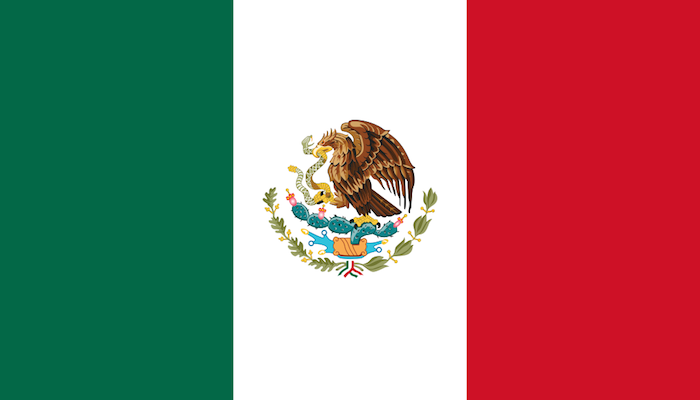In January, I published my article “The Questions Posed by the World’s 2015 Elections,” in which I identified the 15 national elections around the world that I thought presented the most intriguing or important questions this year. Chronologically, Mexico’s midterm legislative election held today will come as number five for the year (tied with Turkey, which is holding its parliamentary elections today too).

Here are the questions I identified in January for Mexico’s election today (when voters will fill well over 2,000 national, state, and local offices around the country):
Mexico: Will the insulated Federal District finally be shaken out of its slumber by a growing protest movement and other reactions to the total capture of Mexican state and local government by the cartels? The Congress is up for election, but without a sea change in the foreign-focused Peña Nieto administration, few expect serious policy shifts at home, whatever the outcome of the midterms. Still, nobody expects the Spanish Inquisition any more than they expect a spontaneous mass uprising that forces just such a sea change. Could be too early to tell.
Here’s an updated state of play as published in teleSUR (the Venezuelan-based pan-Latin American media outlet) and authored by Dan La Botz, the editor of “Mexican Labor News and Analysis” an online publication by United Electrical, Radio & Machine Workers of America and Frente Auténtico del Trabajo of Mexico:
Already at least 20 pre-candidates, candidates, and campaign managers have been killed while there have been dozens of other violent attacks on other candidates, campaign events, and party offices. Drug cartels are believed to be responsible for the murders of candidates who presumably threatened their interests, further fueling uncertainty about what the cartels might do on election day.
However, the larger threat to the Mexican government’s election plans comes from social and political protest movements. Teachers, indigenous groups, peasant communities, and armed “self-defense” organizations in various states say that Mexico’s political system and parties are corrupt and that voters should abstain from participating. Some groups announced plans to disrupt the election altogether.
Beyond cartel violence (and the uncontrolled vigilante groups that rose to oppose them), there are “militant teachers” angry over proposed education reforms:
The National Coordinating Committee (la CNTE), a militant caucus within the Mexican Teachers Union (el SNTE) which has been leading the resistance to the Education Reform Law passed by the Mexican Congress, has not only called for a boycott of the election, but intends to enforce a boycott in some states. In several states—Chiapas, Guerrero, Michoacan, Oaxaca, and Zacatecas—teachers have blocked highways, seized toll booths, taken over the district office of National Electoral Institute (INE), and in some areas seized Mexican Petroleum Company (PEMEX) refineries, leading to some conflicts with the police.
And then there are the escalating protests over the national government’s mishandling of the brutal massacre of more than 40 student-teacher activists last year at the hands of a local politician and cartel members. Those protests, seizures of government buildings, and disruption of highways are being orchestrated by other students and the families of the murdered activists. They hope to stop the election from going forward at all in the state where the mass murder occurred.
As the article also explains, between the factions openly trying to prevent the elections from happening (or at least boycotting them, formally or otherwise) and the serious partisan fractures on the left among those still planning to vote, the odds are actually significantly in favor of the conservative Peña Nieto government retaining its majority — and probably even adding to it.
But even as the election is likely to favor President Enrique Peña Nieto in its top-line results, it is also exposing a growing instability below the surface and signals that “the centre cannot hold” for much longer; things will fall apart if the status quo inaction and state failure in the face of underlying pandemonium continues.
In any other country, what is happening in Mexico right now would probably be considered a civil war on par with the past decade’s events in Iraq or Yemen. How soon will the national government (and other countries) wake up to that?


